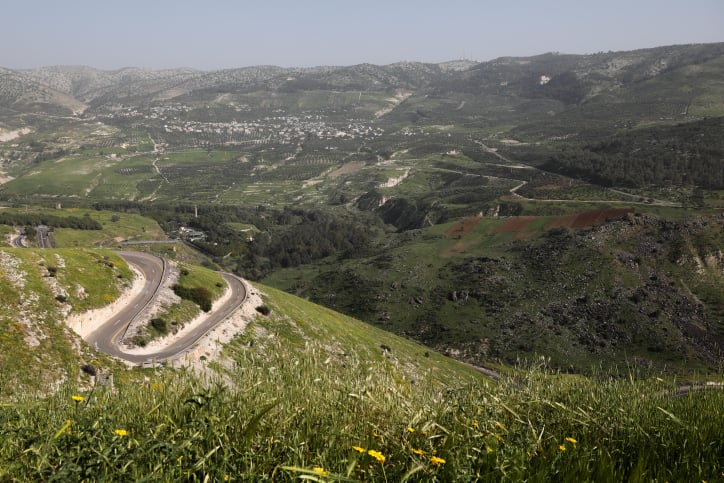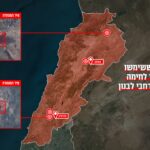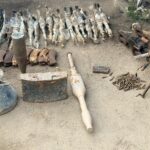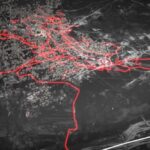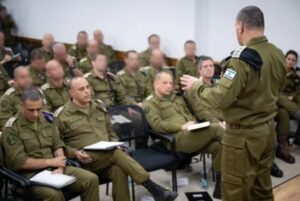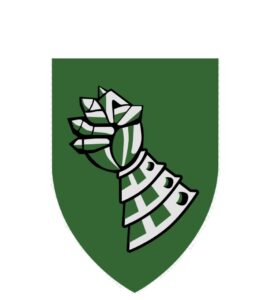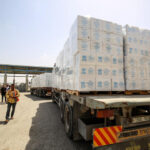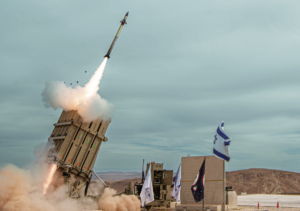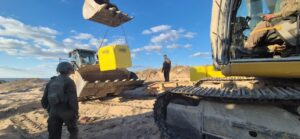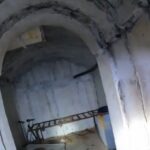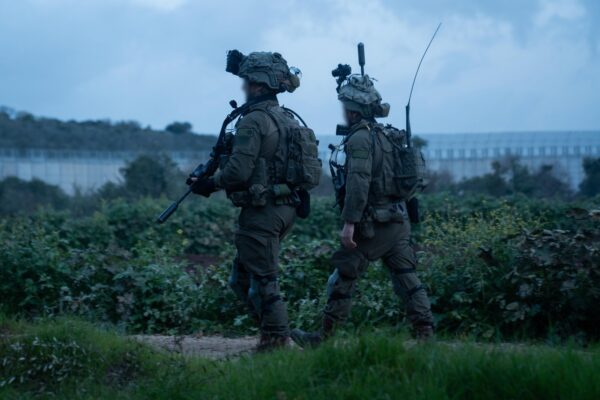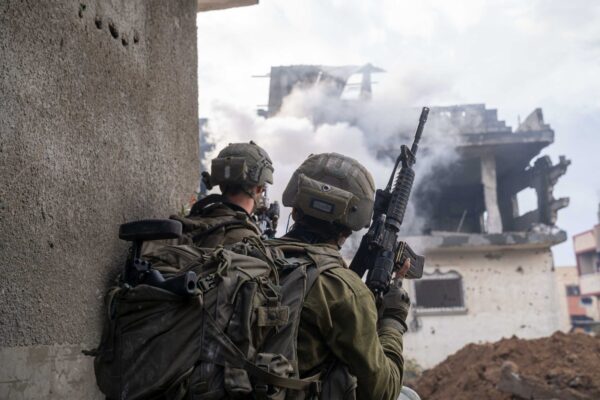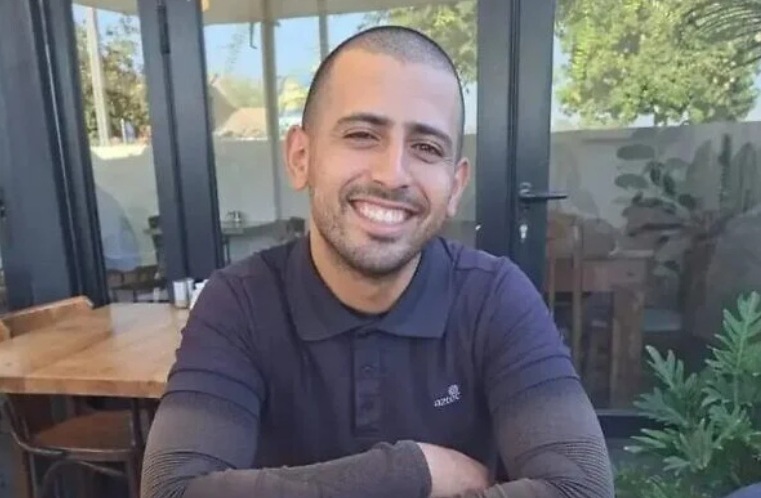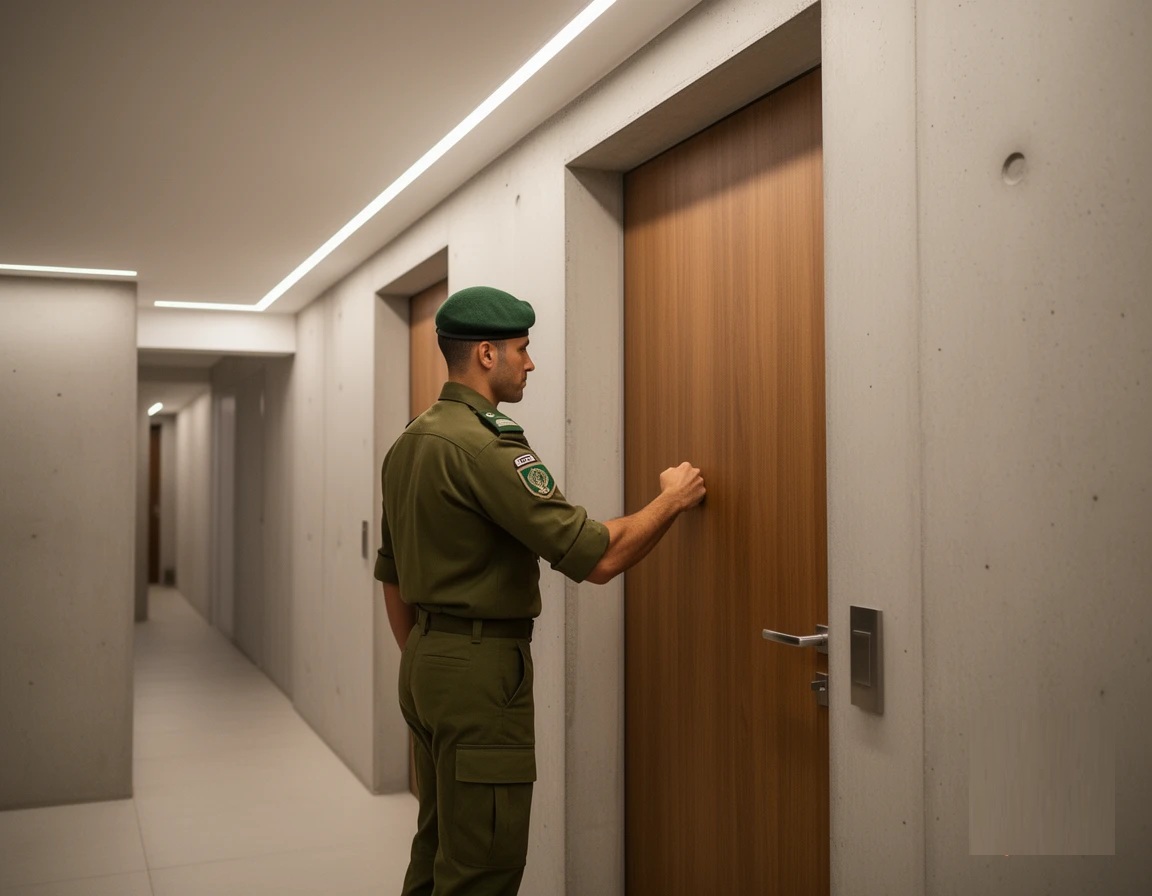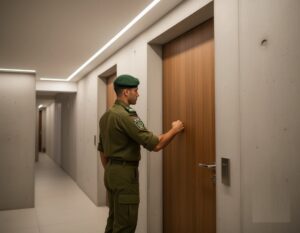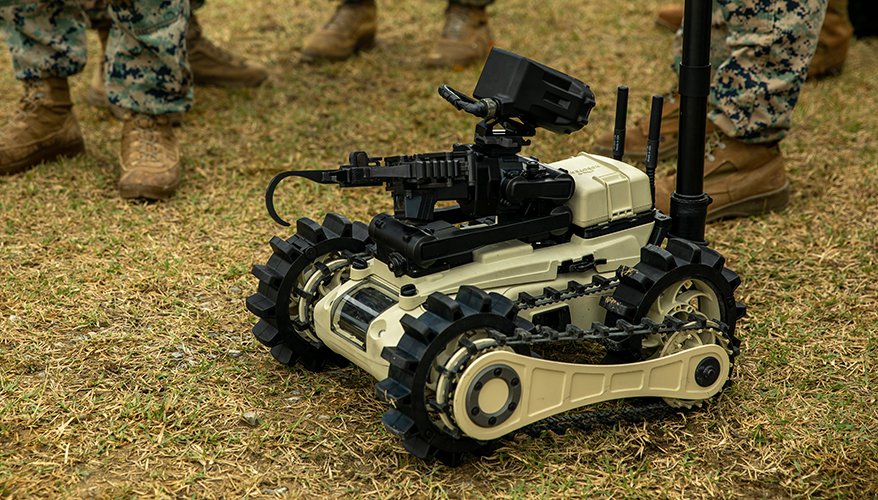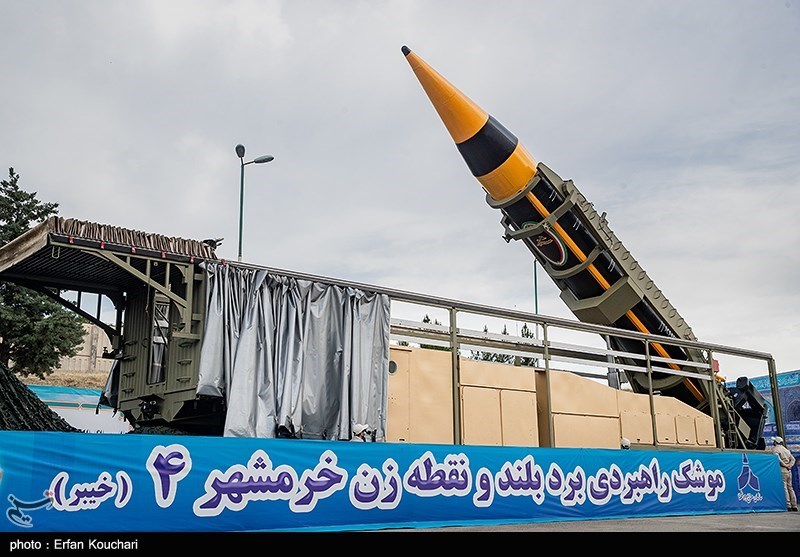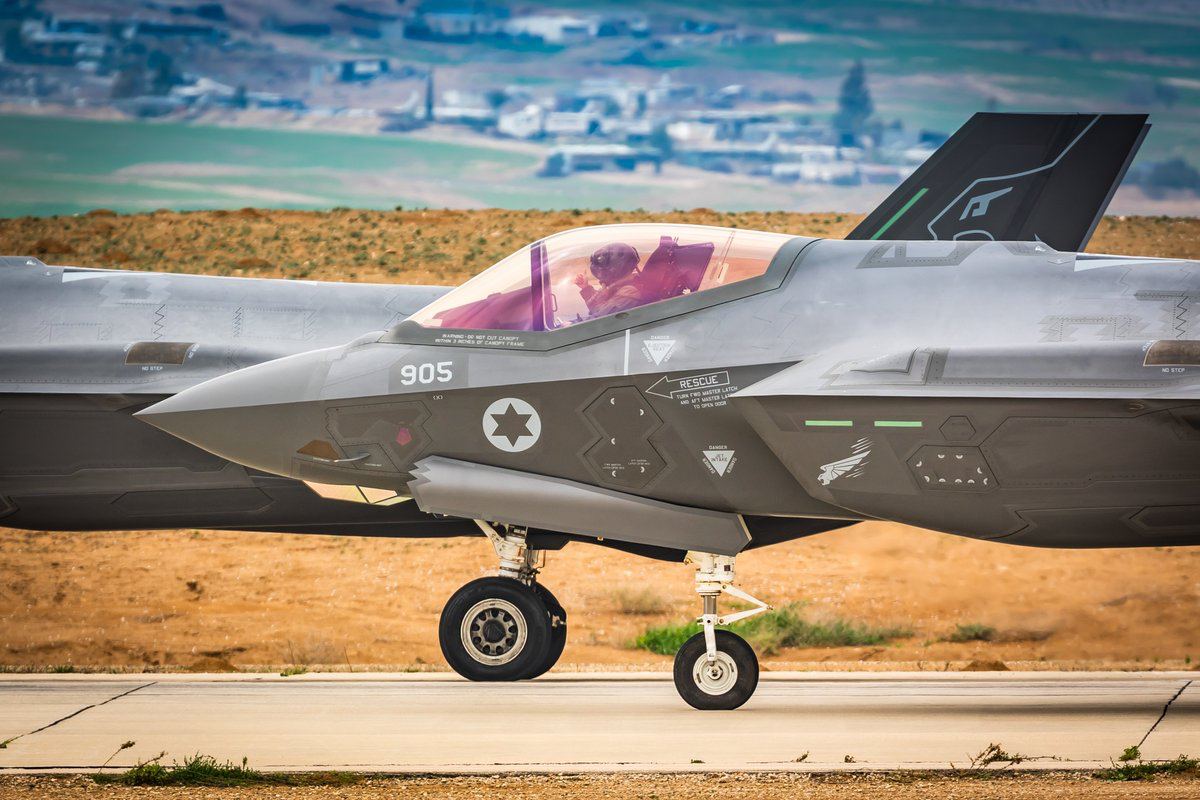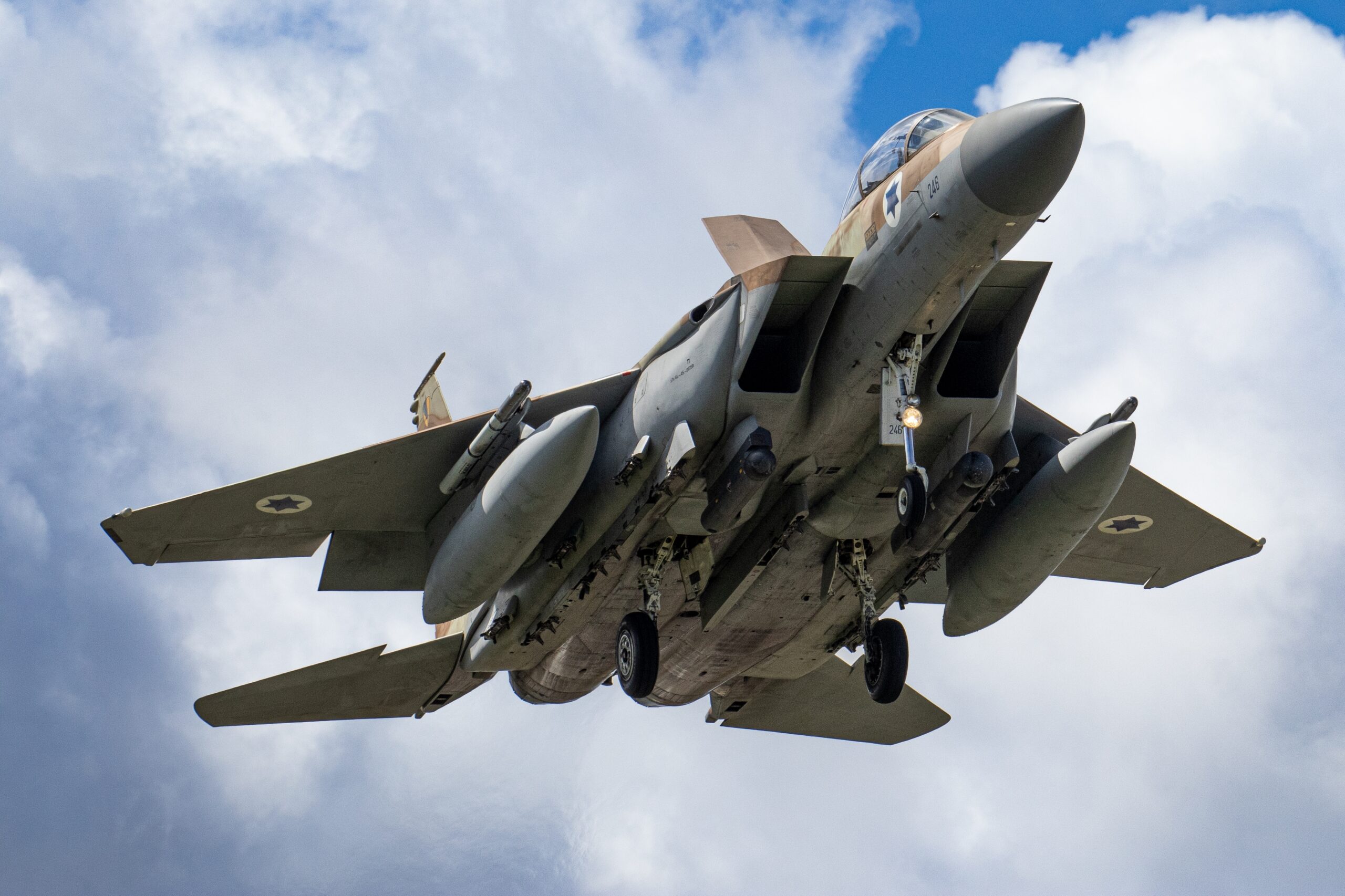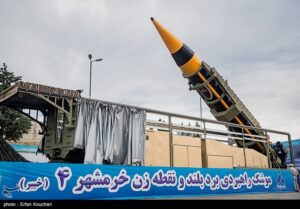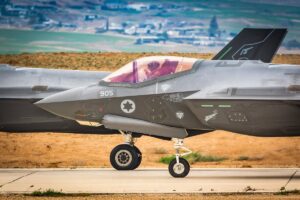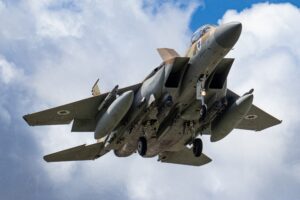The formation of a completely new, eastern IDF division that will guard Israel’s longest land border is also in the works.
By The IDF Club
The IDF has developed a detailed plan for fully safeguarding the Jordanian border. In the first phase of the plan, hundreds of monitoring and observation instruments will be placed along a 400-kilometer stretch from Eilat to Hamat Gader at the southern tip of the Sea of Galilee.
The radars and cameras will be installed on high poles, to detect illicit attempts to cross the border either by terrorists or smugglers.
When such an attempt is detected, fast mobile forces will be sent to the suspicious area. It is “possible,” said the report, that some soldiers will use gliders or other airborne vehicles to arrive and attack quickly.
An upgraded physical barrier is also included in the plan, as currently there is nothing blocking the border in the entire desert (Arava) area, and in other places, such as the Jordan Valley, the barrier consists only of a decades-old, rusty and low fence.
The formation of a completely new, eastern IDF division that will guard Israel’s longest land border is also in the works.
A unique element in the plan is to have one of the brigades in the division consist of ultra-Orthodox men serving in the Jordan Valley, which would put them in close proximity to their yeshivas (learning institutions) in the Jerusalem area.
This single, unified Command would ostensibly be more effective than the current situation, where a mix of reservist and regular battalions belonging to two different Commands – Southern and Central – rotate in and out of various domains along the border.
The estimated cost of the project is somewhere between the NIS2.5 billion invested in the high fences strewn with technological means of detection along the Egyptian border that stopped the infiltration of tens of thousands of illegal migrants, and the NIS4 billion barrier down the length of the Gaza Strip, which was built both above and below the ground in order to stop terror tunnels from crossing into Israel.
While the Gaza barrier was largely successful in stopping smuggling attempts, criminals make constant runs at the 220km-long Sinai fence, with the IDF acknowledging that has not been able to stop a majority of them, due to the sparseness of its forces there.
Most, but not all, of the southern gangs are running drugs, not guns. The Jordanian border, however, has recently become a huge conduit for all kinds of weapons, including advanced rifles and explosives.
According to the report, the “regular” smuggling routes have been taken over by the Iranian Quds Force, which is eager to turn Judea and Samaria into a serious terror challenge for Israel as well as a real threat to take over the Palestinian Authority.
The explosives in particular are a worry for the IDF, as the Palestinians in such terror centers as Jenin have mastered the tactic of planting bombs along and underneath streets where they expect IDF forces to travel, and they are much more powerful and deadly than the homemade, fertilizer-based ones of the past.
Over the last three years, the army and police have stepped up their anti-smuggling operations, and hundreds of attempts have been foiled, with the confiscation of thousands of weapons.
“But for every such thwarting, there are at least three to five smuggling operations that are successful, and we don’t know about them,” one security official said.


